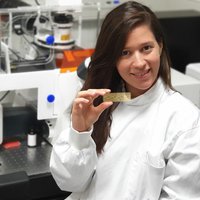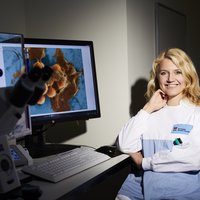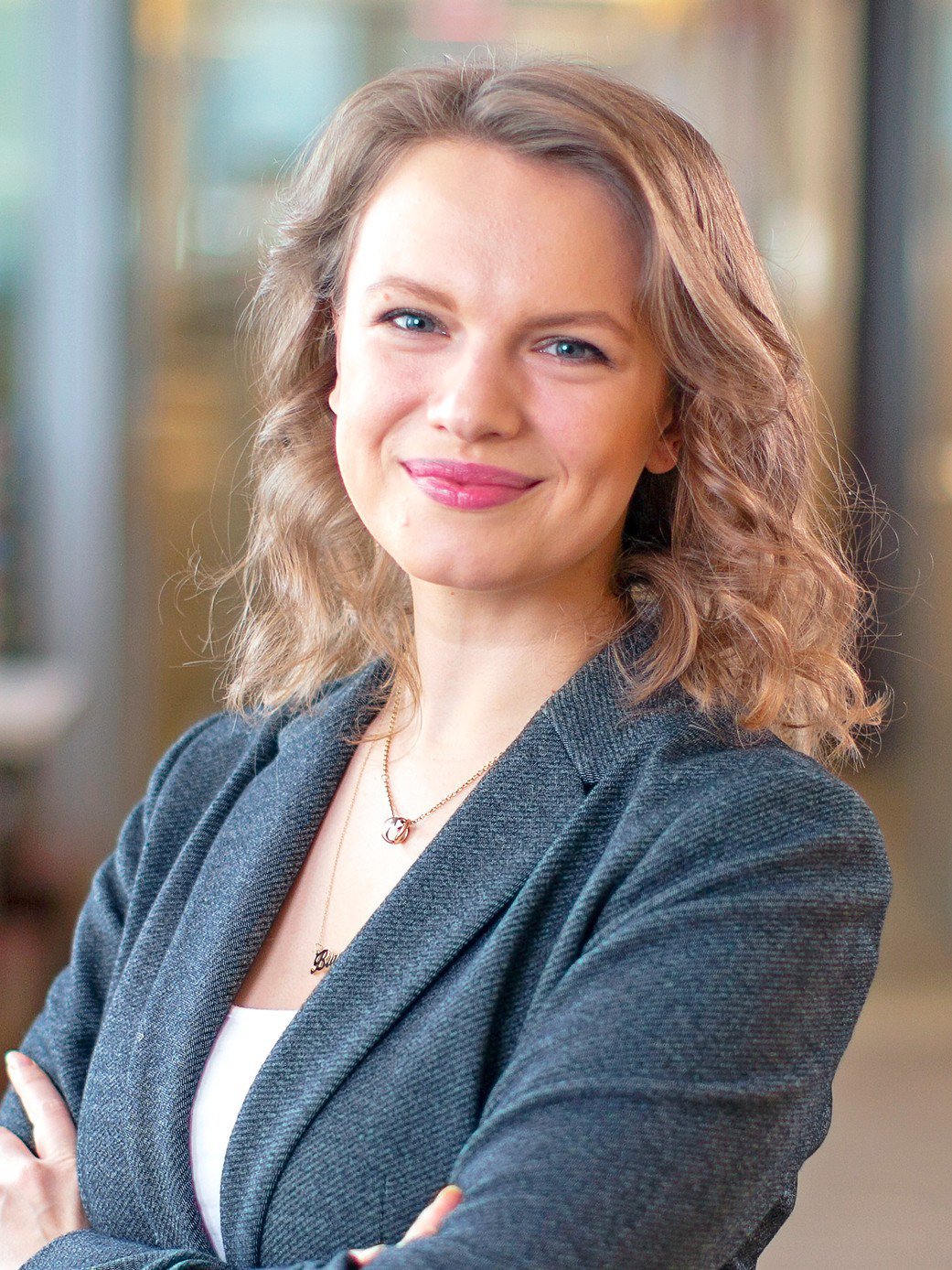Biotechnology & medicine
Ida Pavlichenko
Her invention could make ear infections easier to treat, especially in children

Latin America
Cristian Estrada
Decreasing water consumption for agricultural purposes while optimizing roots and soils

Europe
Anna-Maria Pappa
Her cell membrane recreation technology will accelerate the detection and study of pathogens

Asia Pacific
Katharina Richter
New weapons against superbugs

MENA
Alessandro Babini
A body insight company that helps athletes win world championships
